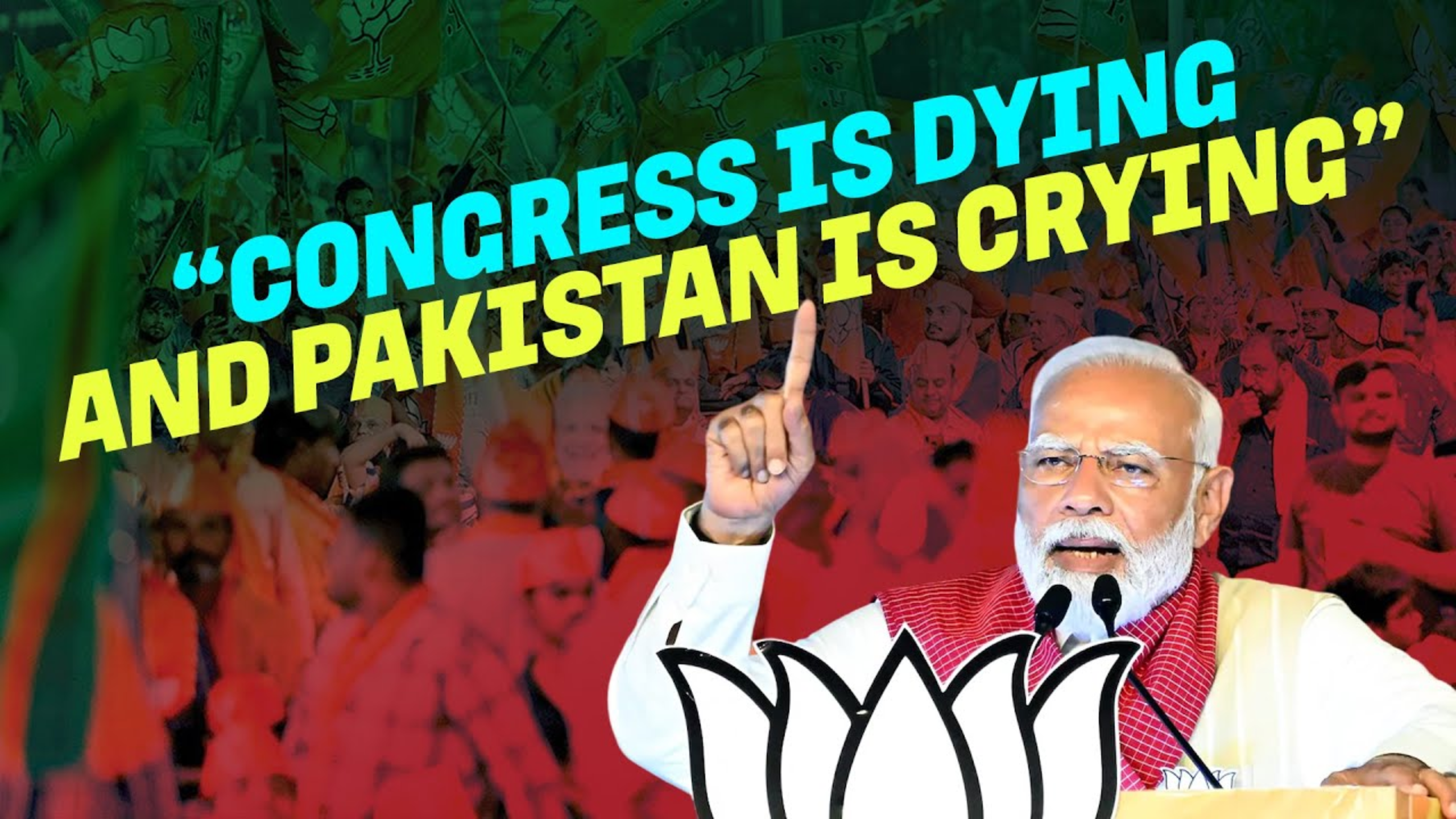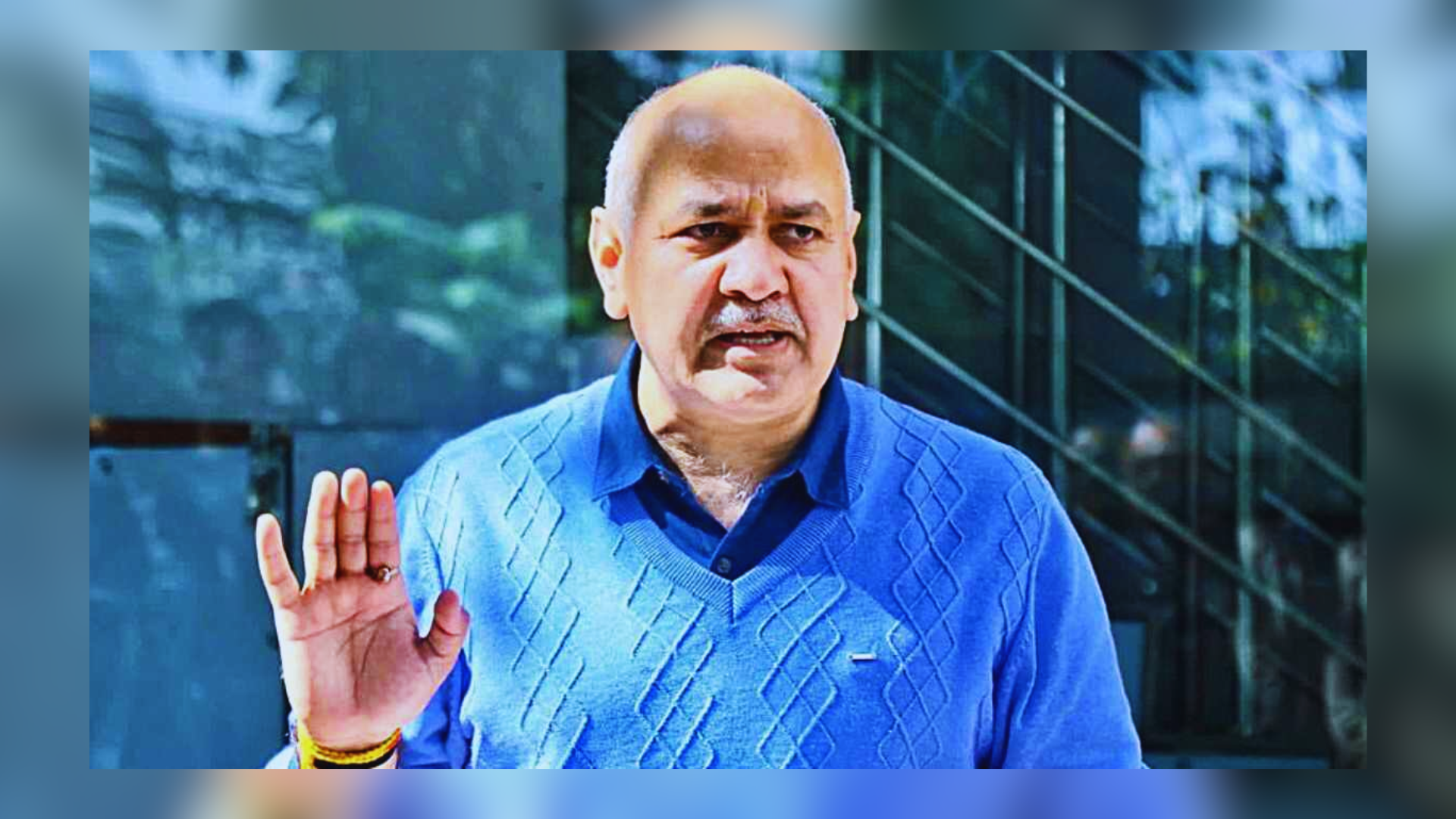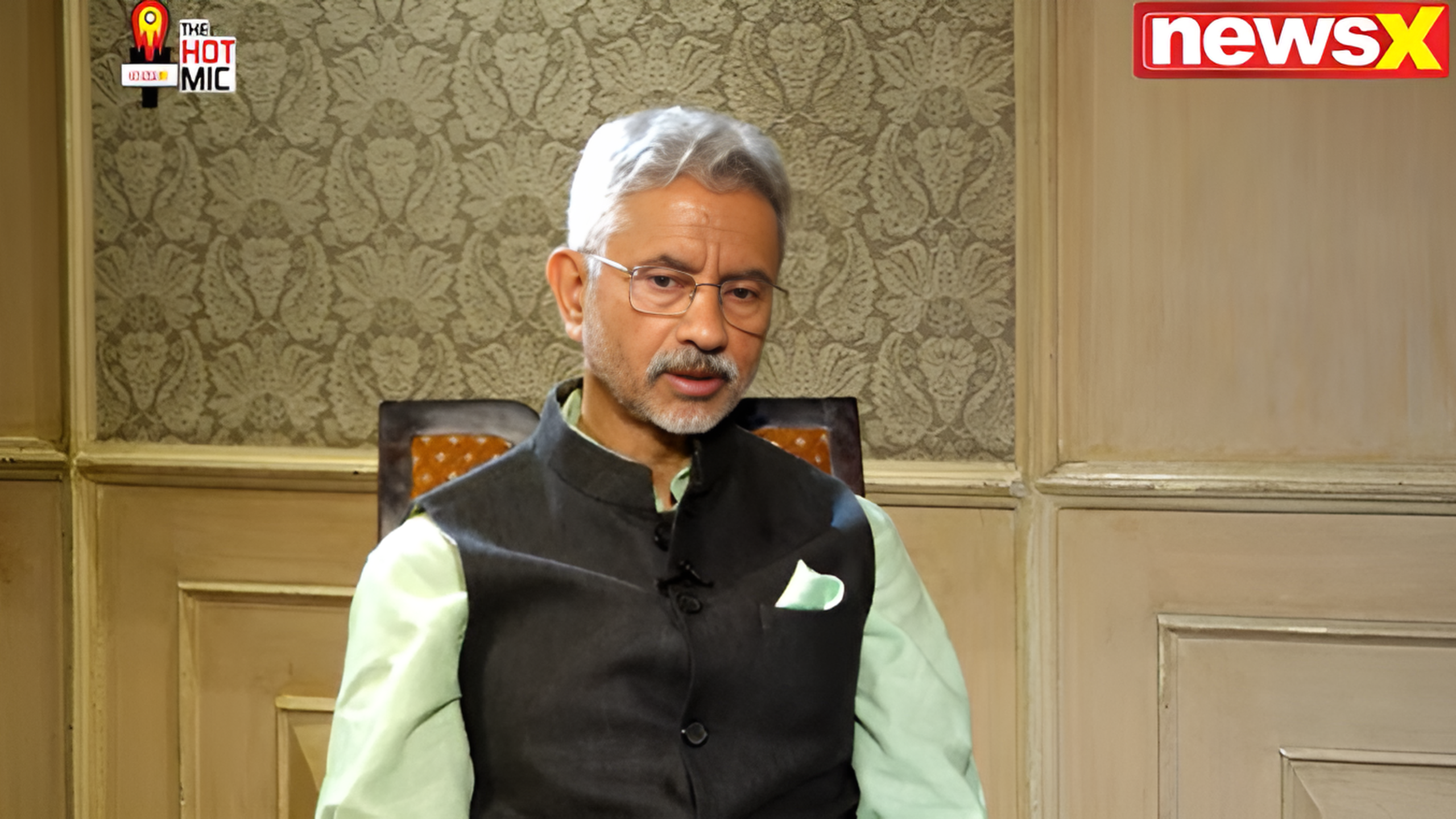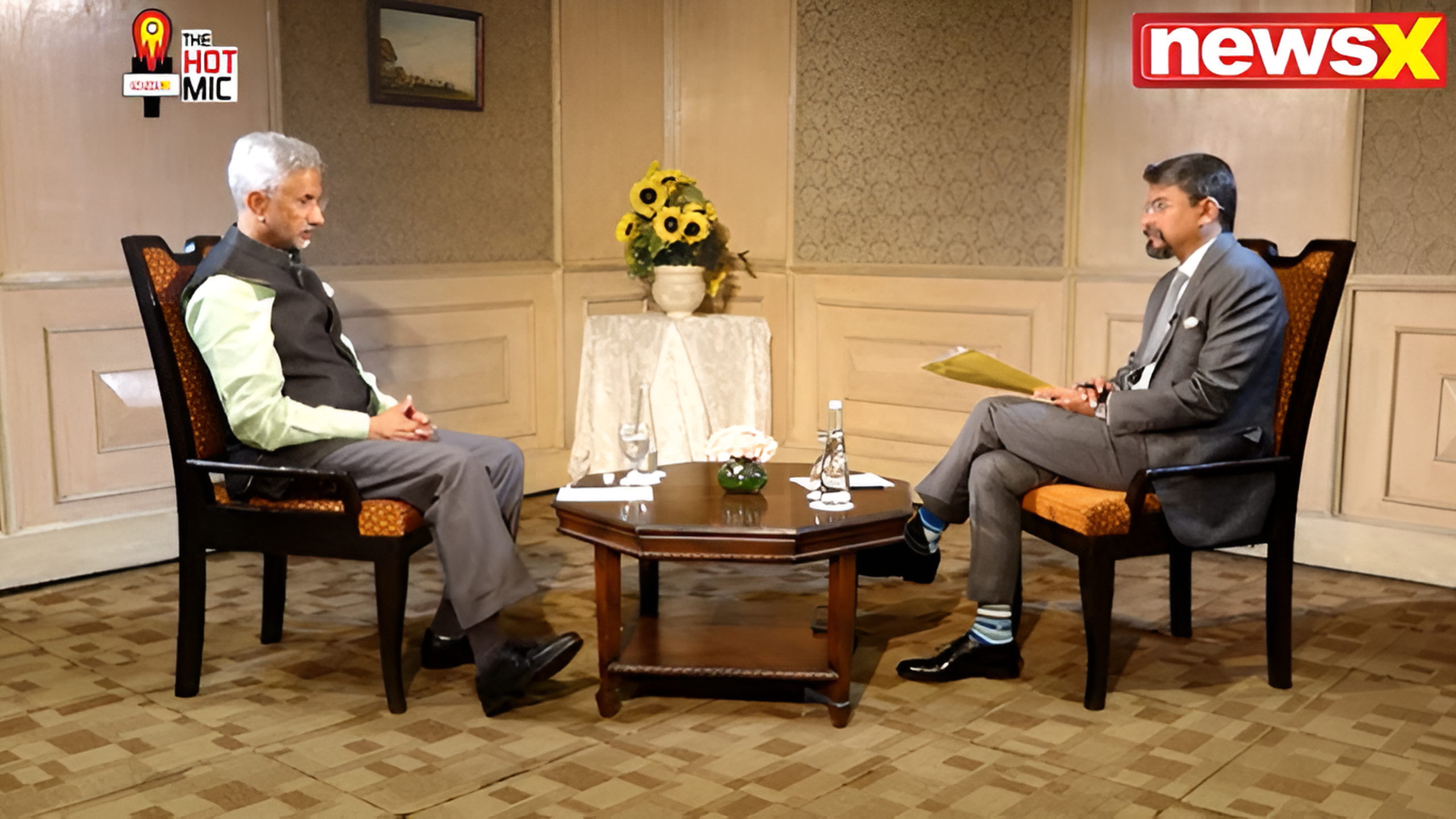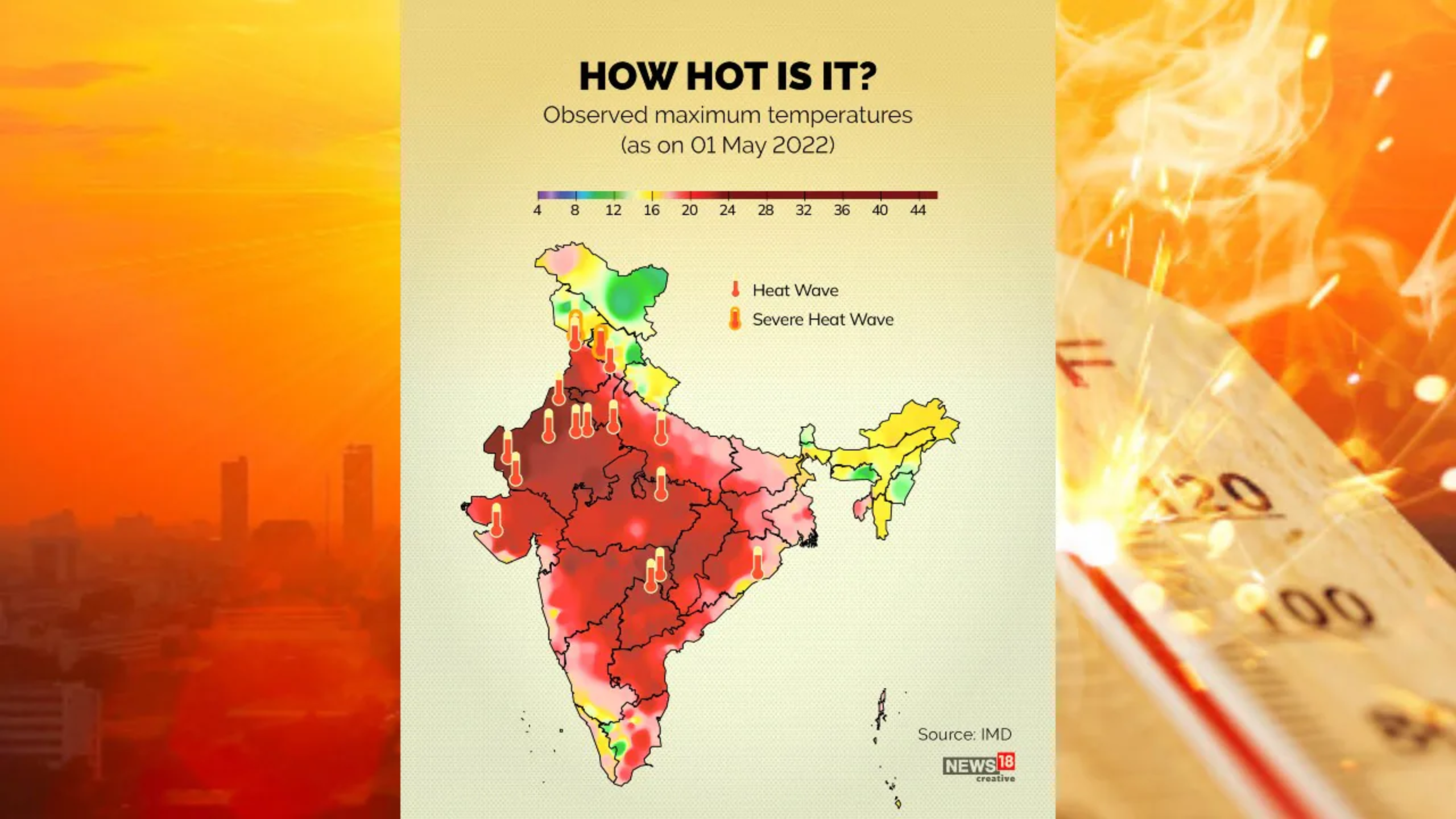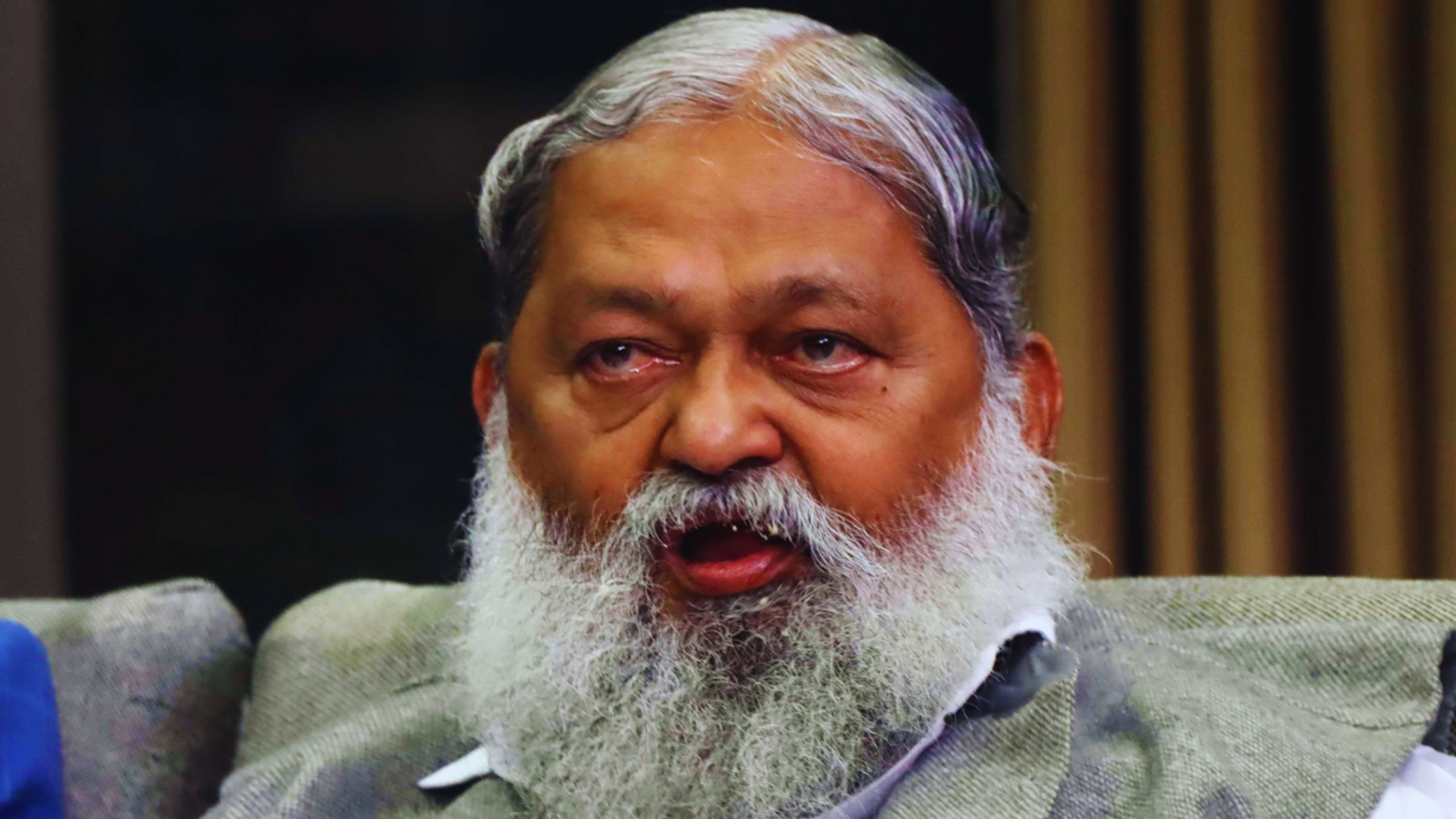





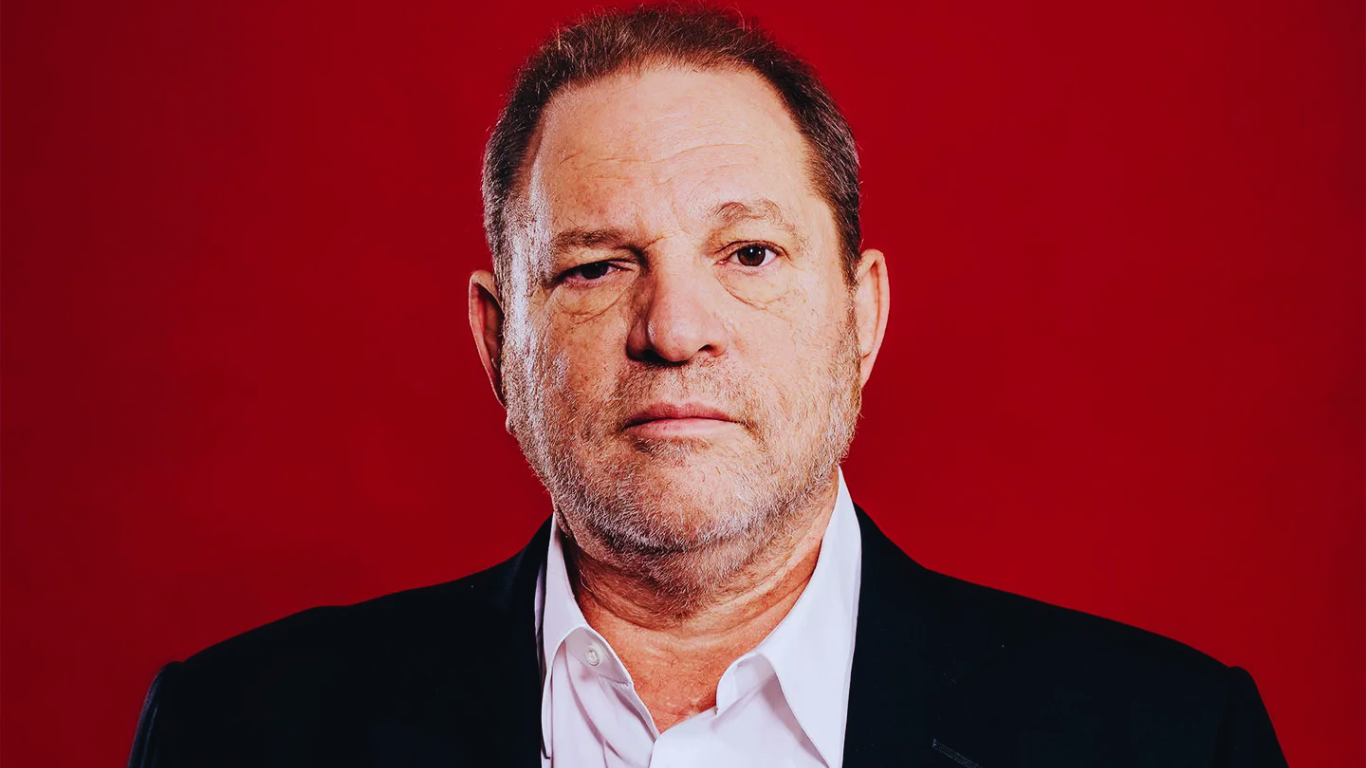
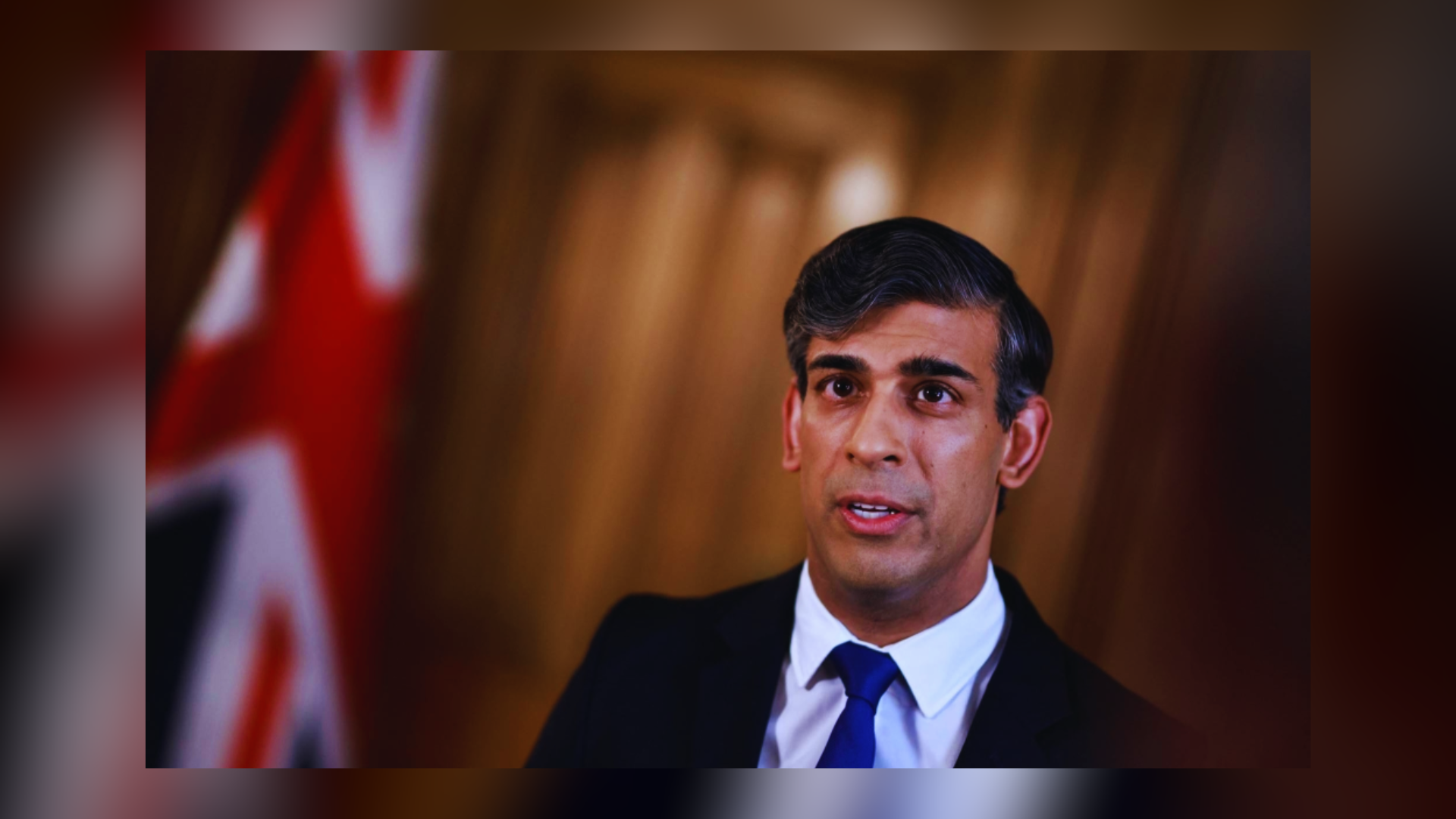
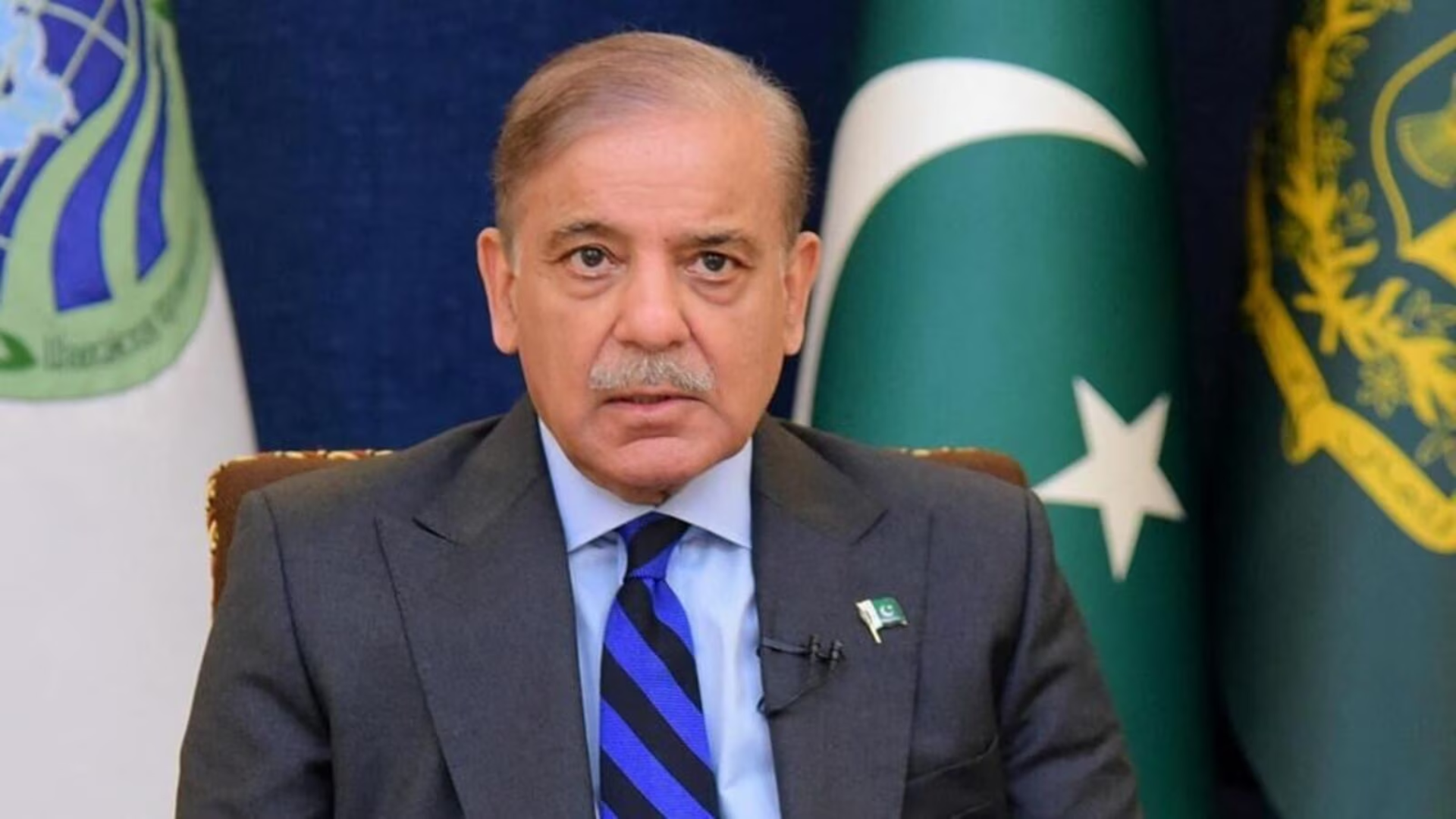
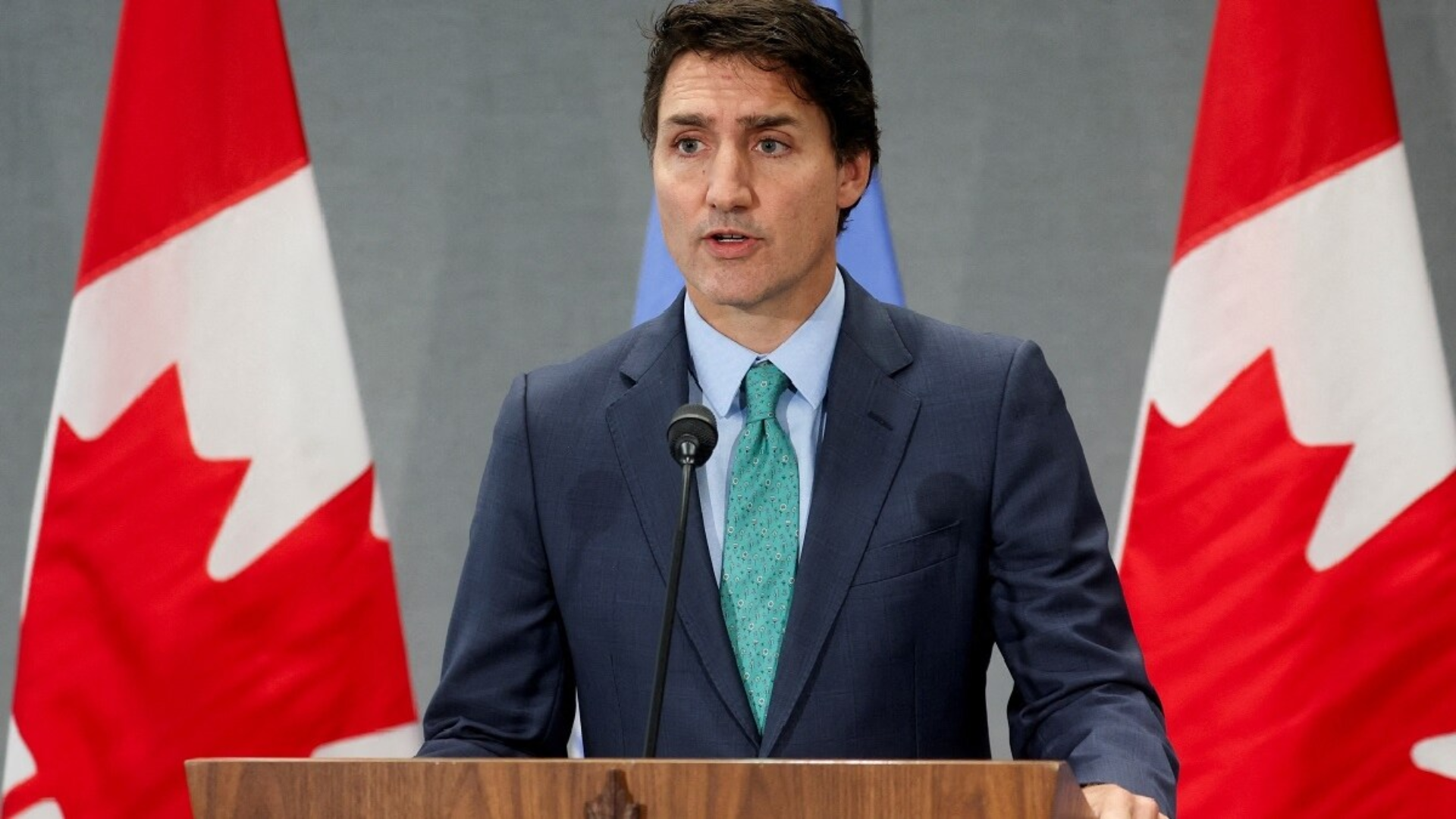
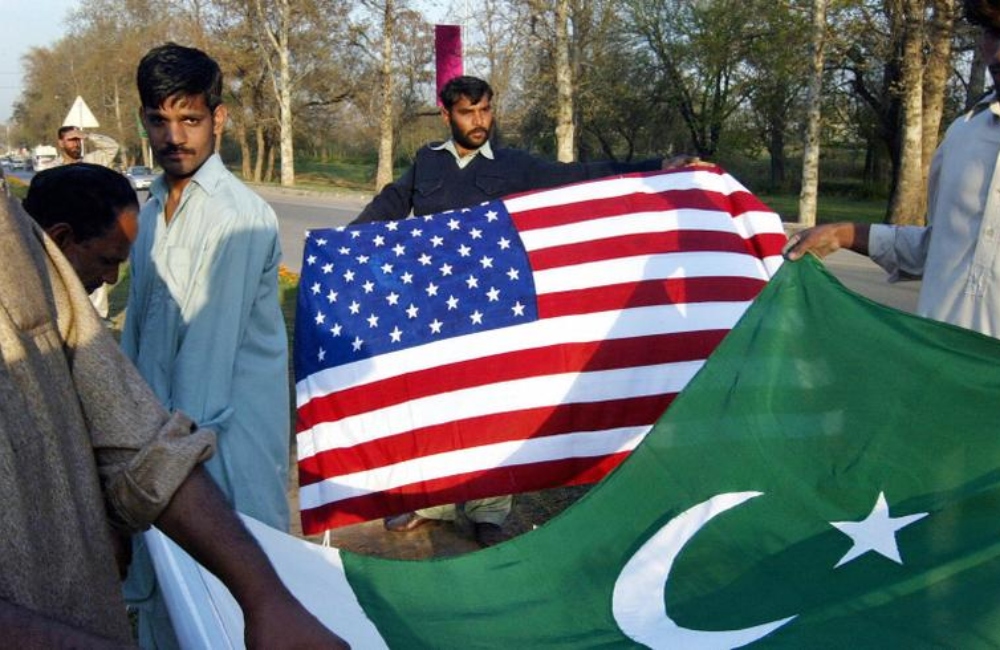
Despite Pakistan’s support for terrorists, the United States still views it as a non-NATO partner. Following the 2008 Mumbai terror attacks, Pakistani authorities detained low-level operators in the face of worldwide condemnation and pressure.
Pakistan’s government stopped the trials and its collaboration with international law enforcement as the spotlight of the world shifted elsewhere. However, it is suspected that Pakistan never began taking action against the senior Lashkar-e-Taiba figures responsible for the terror strikes’ planning. Reports states that Pakistan is still providing refuge to terrorists connected to the Mumbai attacks. Additionally, Pakistan still finances “Khalistan” in Punjab, the US, and Canada.
Military and intelligence personnel from Pakistan who participated in the war in Afghanistan and had “American blood on their hands” are still at large. Osama bin Laden, the head of Al Qaeda, was even protected by Islamabad, who would have kept him there if the US government had told them of its intelligence knowledge about his location in Abbottabad.
Biden administration’s efforts to give Pakistan F-16 upgrade kits and welcome top Pakistani officials with full honours were described in the report as “bizarre” China was given access to the stealth helicopter that US Navy SEALs used to hunt down Osama Bin Laden by Pakistan. Pakistan has already allowed Chinese military engineers to view US military technology. However, media claims that Pakistan is China’s second-closest ally after North Korea.
Despite all of this, US still views Pakistan as a non-NATO ally. For providing intelligence on wanted terrorists like Al Qaeda chief Ayman al-Zawahiri, the US may wish to compensate Pakistan. The National Security Council and oversight committees in Congress must ensure that US national security objectives are not compromised even while the CIA secures its sources.
What is Pakistani narrative for US diplomats?
The US State Department’s Pakistan lobby was identified as the second justification in the study. The fact that Pakistan is still home to three consulates and an embassy of the US State Department suggests that many diplomats “cycle through” Pakistan often. The “grief-based narrative that Pakistanis sell themselves about US contempt and victimhood in the battle against terror” is highlighted by certain diplomats.
Highlighting the Pakistani narrative and praising Islamabad is a means to create “smooth and functioning connections” for US diplomats serving in Pakistan who need to cooperate with the government or wish to conduct business in their post-retirement lives.
China is seen by many in the US policy community as a “major regional danger.” According to the US policy committee, arming Pakistan can facilitate diplomatic relations between US officials and Pakistani military personnel. Giving Pakistan F-16 upgrades and other weapons might sour relations between Pakistan and China and drive a wedge between Islamabad and Beijing.
Considering that “Pakistani-trained terrorists” killed Americans in Mumbai and Afghanistan, Pakistan has been a “poor bet” for Pakistan.
Furthermore, the report’s author stated that the United States shouldn’t provide Pakistan with military hardware until Islamabad has apprehended individuals responsible for the terror attacks in Mumbai.

